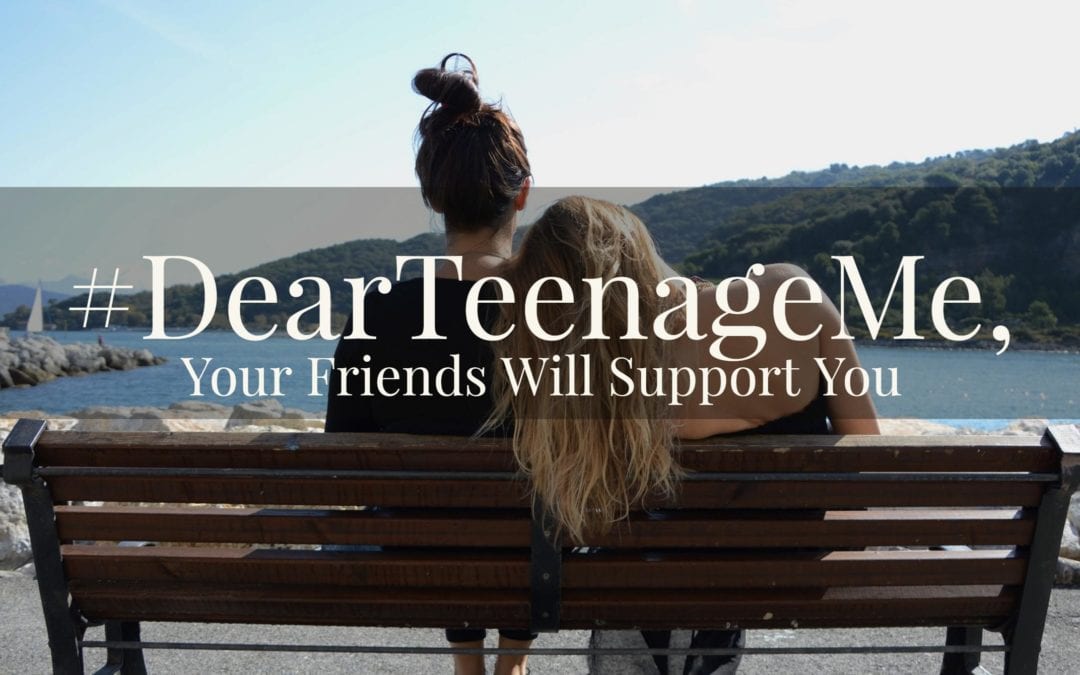Learn more about #DearTeenageMe at http://sayitforwardcampaign.org/.
Remember freshman year of college at the Fall Health Fair? A man at a table handed you a piece of paper and asked you to take a depression screening; they were encouraging all incoming freshman to take it. You had been fighting any suggestions from your mom about talking to a mental health professional, but then again, everyone else was doing it. You were desperate to fit in, but terrified of what might happen if you “failed” the screening. A week or so later you got an email that confirmed what “everyone” – your family – already knew. Your results showed that you had symptoms of depression.
You were encouraged to make an appointment with an on-campus counselor, but the stigma of mental illness was a wall that you weren’t ready to knock down yet. The last thing you wanted was to not fit in, but it was clear that your symptoms were becoming too overwhelming to deal with on your own. Your moods, and the eating disorder you developed to cope with them, were becoming worse and worse.
On a college campus, extreme sociability was expected, not keeping to yourself and avoiding any unnecessary interaction. The ice breakers and orientation were painful, and you decided that it was time to change in order to fit in. It was time to stop being lonely, miserable, anxious, and hungry. So you made your first appointment with a counselor. You did some research and were able to find useful books, such as Hope, Help, and Healing for Eating Disorders by Dr. Gregory Jantz.
It was huge when you made a couple friends. When you finally opened up to them, you were thrilled when they asked, “What can I do to help?” For the first time, you weren’t being told what to do about your depressive moods. Your friends were asking what they could do to support you.
That one question made all the difference in the world. It changed your outlook and approach to getting help. You felt that you were in control of your treatment. That feeling gave you the confidence to break the wall of stigma. As you educated yourself on mental illness, you were able to educate others as well! The more you were able to connect with others, the more they were able to see that mental illness touches everyone. You showed that everyone can provide support, whether it is to themselves or someone they know.
Never forget to trust yourself, believe in yourself, educate yourself, and let someone know how they can support you.
See more of Emily’s posts here.
The content of the International Bipolar Foundation blogs is for informational purposes only. The content is not intended to be a substitute for professional medical advice, diagnosis, or treatment. Always seek the advice of your physician and never disregard professional medical advice because of something you have read in any IBPF content.


